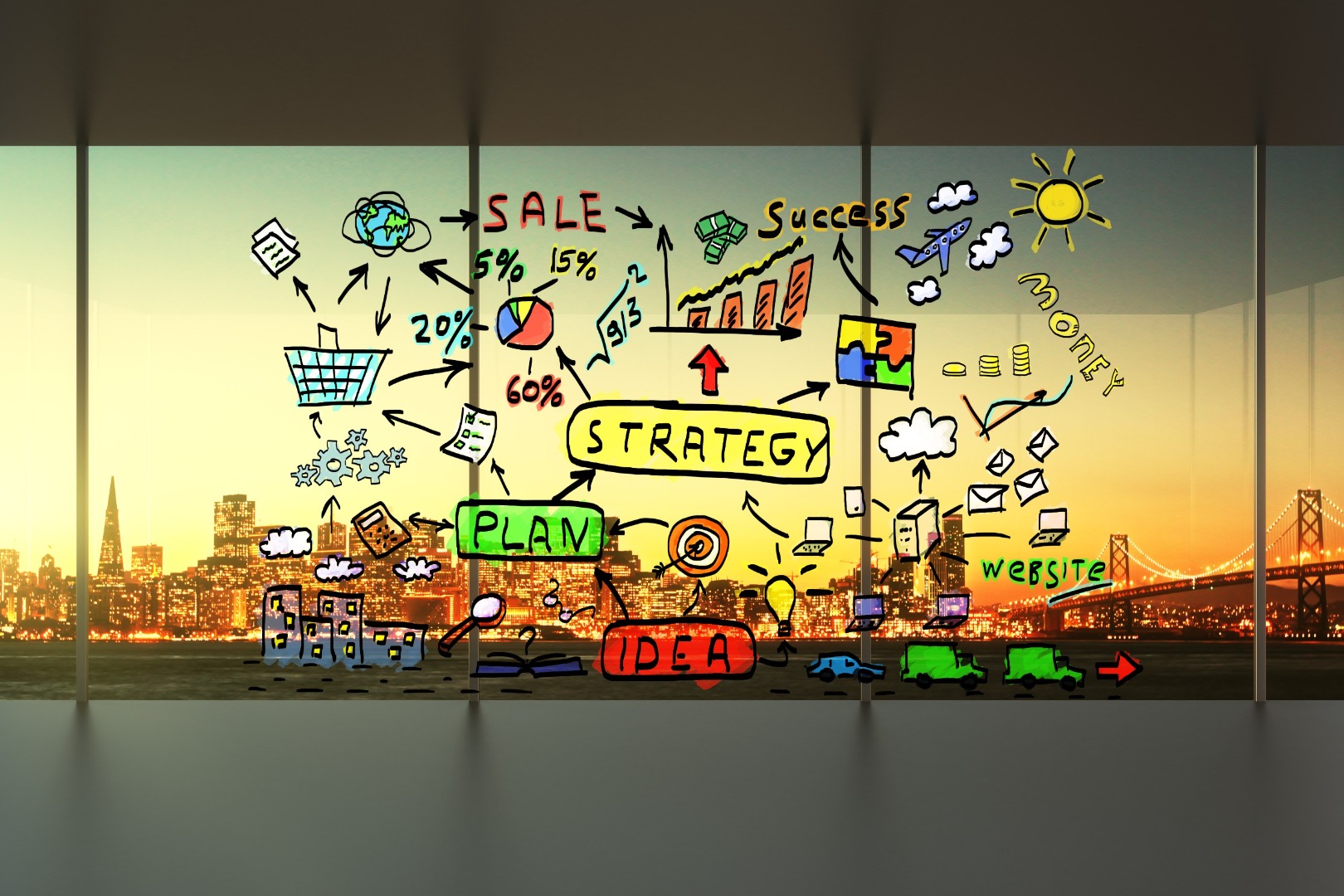
Staying Positive Amid Adversity
Increasing inflation, higher interest rates, decreased investment, and interruptions brought on by Russia’s invasion of Ukraine are all factors why the World Bank said in its most recent Global Economic Prospects that the world economy is currently contracting severely.
If you add in any additional negative incident, such as higher-than-expected inflation rate, abrupt increases in interest rates (to manage inflation), a possible resurgence of the COVID-19 pandemic, or growing geopolitical tensions, it might send the world economy into recession, given the already precarious economic conditions. This is the first time that two worldwide recessions occurred within the same decade!
Here in the US, the economy is predicted to slow down even further and suffer a minor recession. According to an economic forecast by JP Morgan, the US economy is anticipated to have a modest 0.5-1% real GDP growth rate in 2023, taking into account the possibility of a light recession starting in the latter half of the year. From 1.5-2% in 2022, 6% in 2021, and the longer-term average annual growth rate of 1.8%, this would represent a further slowdown in growth. However, is this just a lead-in to a more aggressive recession expected in early 2024?
All these numbers may sound confusing, but to make things short, we’re in for some tough times ahead. It’s one of those times when we have to tighten our proverbial belts and steel ourselves for some adversity and some uncomfortable change.
If there’s anything the recent pandemic has taught us is that change can happen slowly at first and then suddenly come crashing all at once. To survive, we often hear from others to “stay positive”—but what does this even mean? Does this simply mean embracing a positive, more hopeful outlook? Or do you have to have a concrete plan to bring those positive thoughts into reality?
We offer a slightly different perspective.
We struggle in the face of adversity not because we lack positivity but because we are unable to handle negativity. They’re not the same at all.
Positive thinking has been lauded for a good reason countless times. According to studies, it has a direct correlation with health, lifespan, and a higher standard of living. There is no question about that. Positive thinking is important, but it’s not enough to help you change the circumstance you’re in.
As explained by Kazimierz Dbrowski’s theory of positive disintegration, changing one’s self-concept is the only way for humans to progress. A person can be compelled to modify their self-concept if their current self-concept cannot handle or does not fit their current circumstances.
Think about your life—you may recall that every instance of severe suffering and agony, most often than not, is followed by unprecedented personal growth. The majority of successful people who experienced difficulty used the same as a catalyst in their lives at some point. They grew because they could no longer function in the same way. In short, they learned to adapt. They transformed not because of their surroundings, not because of society, but because their internal needs and wants can no longer be fulfilled by their past selves.
So how do we go about transforming ourselves?
According to Dąbrowski, self-concept reformation involves three phases, or levels, of development:
- You have to learn to adapt to your impulses and surroundings. People are influenced by their impulses or their social environments. This is known as primitive or primary People rely on cultural, social, and even religious influences to create a picture of how the world works. The people who remain at this level their entire lives have the most trouble becoming self-reliant, independent, and generally moving up in life.
- Once you realize that most of what you believe in is “borrowed” from others, you set out on a journey of self-discovery. You begin to explore your intrinsic desires. Eventually, you’ll realize that you are either going to progress or digress. Dąbrowski explains that you begin to ask yourself whether to “follow your instincts (first factor), your teachings (second factor), or your heart (third factor)”? For example, you may begin to reform and transform your lower-level instincts, like anger or aggression, into positive motivation, empathy, and understanding.
- You begin to form a worldview that’s based on your own beliefs. This is the stage where people that shift into higher thinking begin to see that the events of their lives are related to their mindset and response systems. Once this is understood, it becomes “impossible” to revert to lower levels of thinking. Once you see how much control you have over your life, you can’t unsee it.
What we can learn from this
Introspection, thinking about what we have gone through, and looking back at our past can sometimes paralyze forward motion, BUT, at times, looking back is a catalyst for moving ahead.
One of the important lessons we can take from looking back is the realization that we are not the first, or only ones, to encounter difficult circumstances.
Another lesson we can pick up from looking into our past is that even if you were not lucky enough to have a rosy heritage—even if you have suffered abuse, absence, addiction, anger, or disinterest, you can use these experiences to break negative patterns and establish new priorities.
Conclusion
Positive thinking is more than just being hopeful. It entails discovering what your catalyst would be to help you weather any adversity and help you move forward. This means you have to deal with a lot of discomfort—rather than trying to cultivate more comfort. Positive thinking means that you start to view your struggles not as a judgment of your status in life but rather as a cue that positive change needs to occur. Instead of trying to avoid intense feelings and call them a solution, we can listen to those feelings and consider them messengers, even purveyors of change.
To know more about positive thinking and what the upcoming recession means for business, tune into Charged Up Studio, the podcast, on February 7th to hear economist, Bill Conerly, talk about what we can expect in 2023.
- Navigating Business Challenges with a Small Business Advisor - December 20, 2023
- Mastering Government Contracts with Expert Consulting - November 7, 2023
- Choosing the RIGHT Business Growth Consultant for Your Company - October 7, 2023





